Humans
Sign up for our newsletter
We summarize the week's scientific breakthroughs every Thursday.
-
 Genetics
GeneticsAdapting to life in the north may have been a real headache
A cold-sensing protein has adapted to different local climates, also affecting risk of migraine.
-
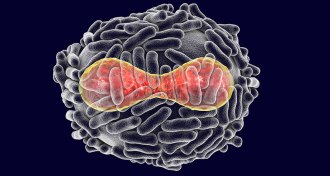 Health & Medicine
Health & MedicineFDA approves the first smallpox treatment
Concerns about bioterrorism fueled the development of the first treatment for smallpox.
-
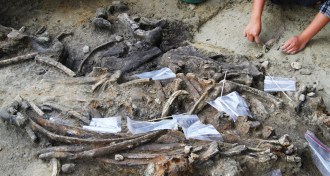 Anthropology
AnthropologyButchered rhino bones place hominids in the Philippines 700,000 years ago
Stone tools and butchery marks point to an ancient hominid presence on islands in the Philippines.
By Bruce Bower -
 Health & Medicine
Health & MedicineSynthetic opioids involved in more deaths than prescription opioids
Winning a ghastly contest, synthetic opioids become most common drug involved in U.S. overdose deaths, bypassing prescription opioids in 2016.
-
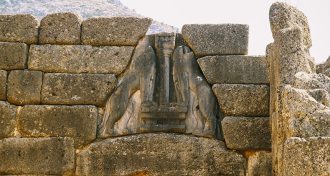 Archaeology
ArchaeologyHow a backyard pendulum saw sliced into a Bronze Age mystery
A saw no one has seen may have built Bronze Age Greek palaces.
By Bruce Bower -
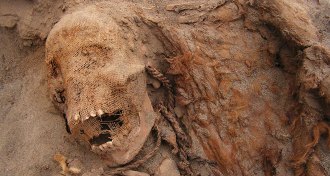 Anthropology
AnthropologyAnthropologists in Peru have unearthed the largest known child sacrifice
The largest known mass sacrifice of children occurred around 550 years ago in the Chimú empire in Peru.
By Bruce Bower -
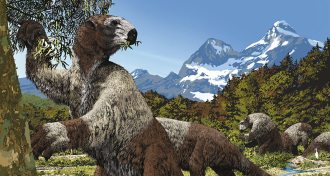 Archaeology
ArchaeologyFootprints prove humans hunted giant sloths during the Ice Age
Footprints of humans and giant sloths show a dramatic chase sequence from more than 10,000 years ago.
By Dan Garisto -
 Psychology
PsychologyIn China, coffee shop habits show cultural differences tied to farming
Farming histories have shaped behavior in northern and southern China.
By Bruce Bower -
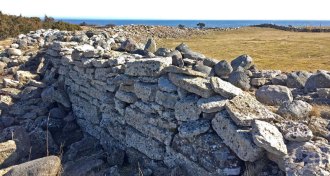 Archaeology
ArchaeologyClues to an Iron Age massacre lie in what the assailants left behind
Ancient Scandinavian massacre may reflect power struggles after Rome’s fall.
By Bruce Bower -
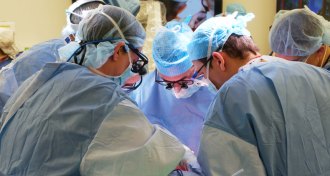 Health & Medicine
Health & MedicineThe first penis-scrotum transplant is the latest to go beyond lifesaving
Advances that give patients new faces, hands and more aim to improve quality of life
-
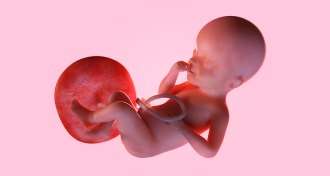 Health & Medicine
Health & MedicineThough often forgotten, the placenta has a huge role in baby’s health
Recent research in mice suggests that a lot of early problems in the embryo may actually have roots in the placenta.
-
 Science & Society
Science & SocietyInformed wisdom trumps rigid rules when it comes to medical evidence
Narrative reviews of medical evidence offer benefits that the supposedly superior systematic approach can’t.